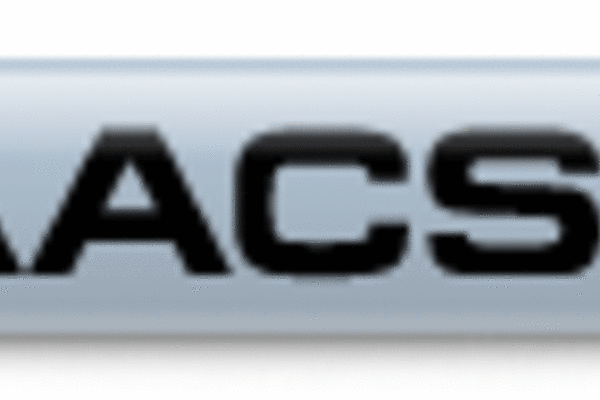Movie industry faces tough battle to protect hi-def movies
James Delahunty
9 May 2007 11:53

Major movie studios are already facing a tough uphill battle against attacks on copy protected retail HD DVD and Blu-Ray Disc releases. Hackers have found keys and posted them on web forums, which spread to huge user-driven sites like Digg.com and then exploded across the web. The keys could be used with the proper software to decrypt AACS content protection and extract unencrypted content from HD discs.
Of course, the Advanced Access Content System Licensing Authority (AACS LA) tried to battle the spread of a 32-bit hexadecimal key and in doing so, motivated frustrated web users enough to spread it to thousands more web pages and use it for music lyrics and t-shirt designs - obviously the opposite effect the group intended to have by invoking the Digital Millennium Copyright Act (DMCA) against several web services and search engines.
"It's sort of a violation without a satisfying remedy from the standpoint of the companies and the consortium ... because how are they going to sue every blogger and everyone who has access to the code?" said Richard Neff, an intellectual property attorney at Greenberg Glusker in Los Angeles. Michael Ayers, chairman of the AACS group, said that newer movie titles cannot be decrypted using the key.
However, the reason so many users were motivated to spread this key so wildly is because it's a string of text and it is useless on its own, the motivation was not to spread a "decryption tool" - you don't see thousands and thousands of websites rushing to host DVD Decrypter if its illegal to do so in their territory. The idea that "protecting intellectual property" can be used in an attempt to banish a short string of "text" from the Internet is what startled most bloggers.
A possible 2000 legal precedent for AACS LA is a case against an online magazine that published software to decrypt DVD-Video titles. However, EFF senior attorney Fred von Lohmann isn't so sure that this particular case can fall under the 2000 legal precedent.
"It is difficult to say how a court would rule on this question, but it does create a specter of monetary liability for hosting providers, even if they otherwise comply with the 'notice-and-takedown' procedures required by the DMCA safe harbors," von Lohmann said. Constitutional law professor David Kairys of Temple University School of Law said that the AACS group could put itself in a worse position by pursuing users that are not damaging them.
"The big companies are really utilizing legal tactics that I think are questionable, the whole intent might be to shut people up rather than to assert a viable legal claim," he said. "The industry might have more to lose than to gain. Maybe they'll take a lesson from that (and) seek solutions rather than bullying people who are kind of having fun with a number."
Source:
Reuters